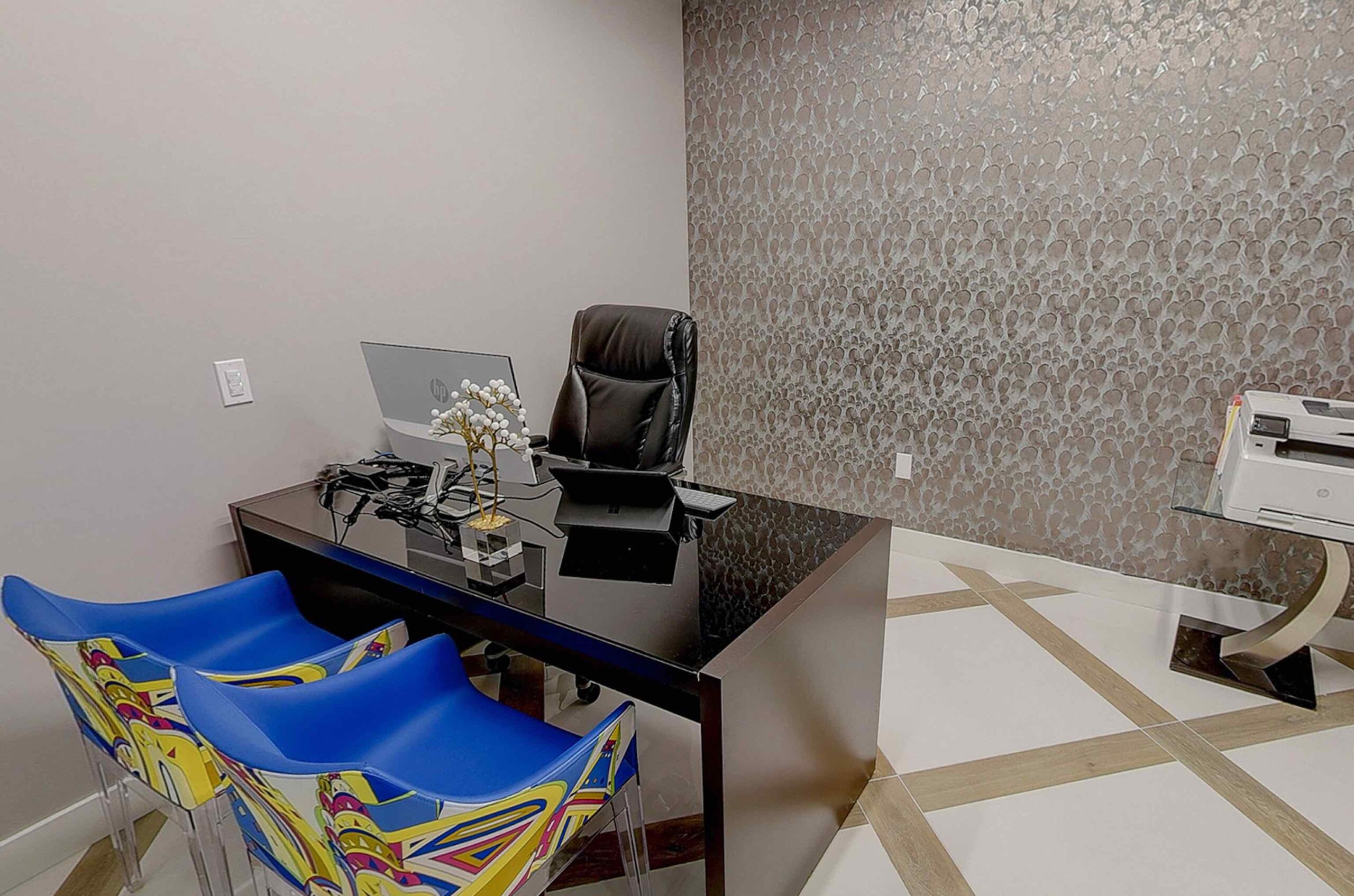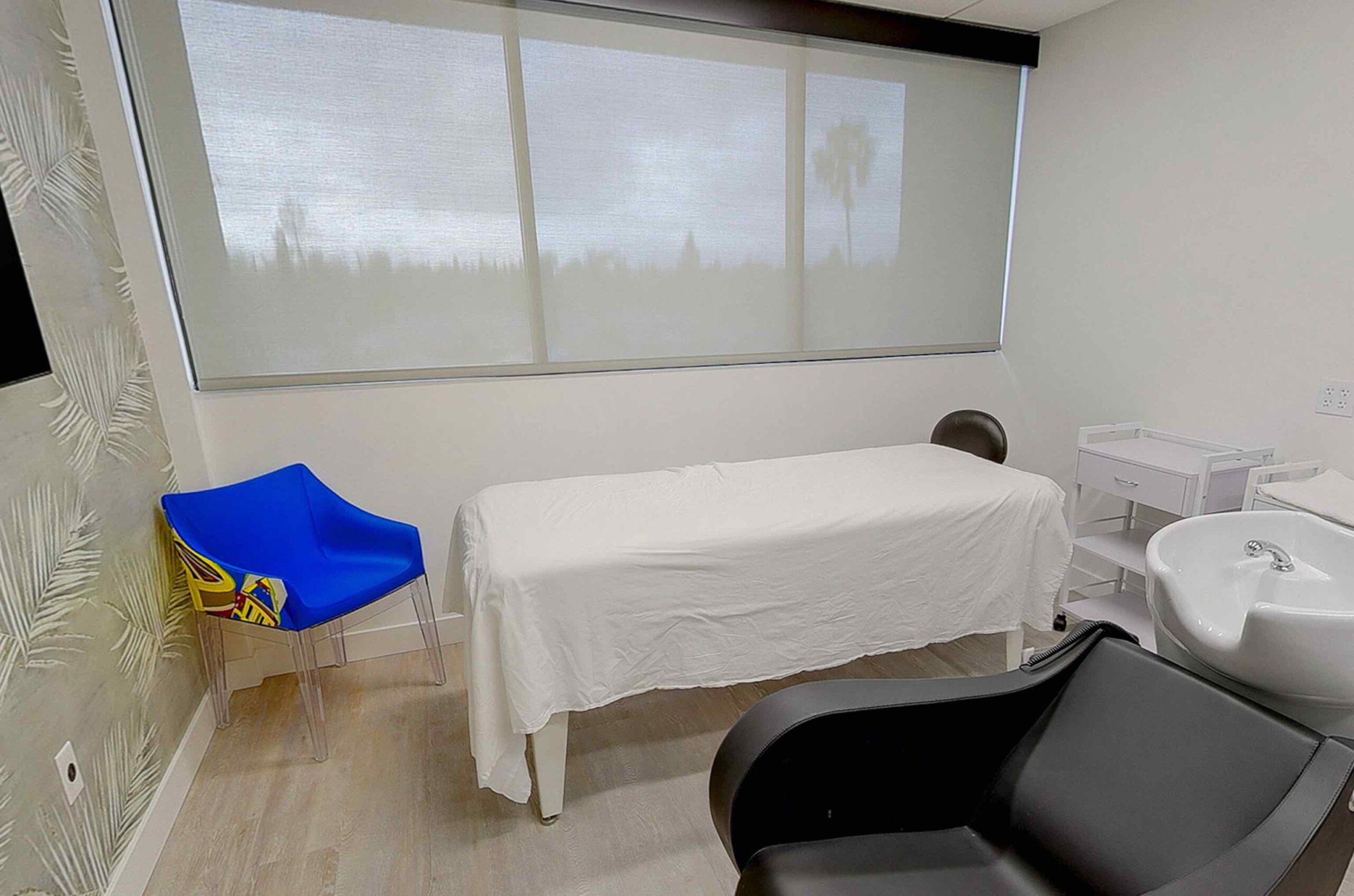In an increasingly digital world, universities are seeking innovative ways to connect with prospective students and their families. One of the most transformative tools in higher education marketing is the 360 virtual tour.
This technology not only enhances the recruitment process but also provides an immersive experience that can significantly influence a prospective student’s decision. This blog will delve into how universities can utilize 360 virtual tours to showcase their campuses and facilities, providing a virtual yet realistic view of what they have to offer.
- Interactive Campus Experiences: 360 virtual tours allow prospective students to explore campuses at their own pace from anywhere in the world. These tours can be enhanced with clickable hotspots that provide information on buildings and facilities, such as libraries, laboratories, sports complexes, and dorm rooms. This level of interactivity not only engages users but also helps them visualize their life on campus.
- Integration with Real-Time Data: Imagine a prospective student exploring the engineering department while an overlay pops up showing the latest projects, research papers, or innovation coming out of that faculty. Integrating real-time data into 360 tours can provide dynamic insights into the university’s academic vigor and current student achievements.
- Virtual Event Hosting: Universities can use 360 virtual tours to host virtual events or open days, where prospective students can participate in live Q&A sessions, webinars, and more. This approach can especially benefit international students who are unable to visit the campus in person.
- Personalized Tour Paths: Offering personalized tour paths can enhance the user experience significantly. For instance, a prospective art student might be shown the arts department, student galleries, and dedicated studio spaces, while an athlete might see the sports facilities, athletic fields, and fitness centers.
- Accessibility Features: Accessibility can be greatly improved with virtual tours. Providing voice narration, text descriptions, and compatibility with screen readers ensures that the tours are accessible to all users, including those with disabilities, aligning with inclusivity goals.
- Social Integration: Enabling features where users can share their virtual tour experiences on social media can amplify engagement and reach. Prospective students often value peer opinions and seeing friends or influencers share their virtual campus tours can positively impact their perceptions and decision-making.
- Feedback and Analytics: Universities can collect valuable data from these tours, such as the areas that receive the most visits and where users spend the most time. This feedback can be instrumental in improving both the physical campus and the virtual tour itself.
Conclusion: 360 virtual tours represent a significant advancement in how universities market themselves to prospective students. By providing a comprehensive, interactive, and accessible way to explore campuses, these tours not only assist students in making informed decisions but also help universities stand out in a competitive educational landscape.
As technology evolves, so too will the capabilities of virtual tours, making them an indispensable tool in the future of university admissions and recruitment strategies. By embracing and innovating with 360 virtual tours, universities can enhance their visibility, accessibility, and appeal to a global audience.







